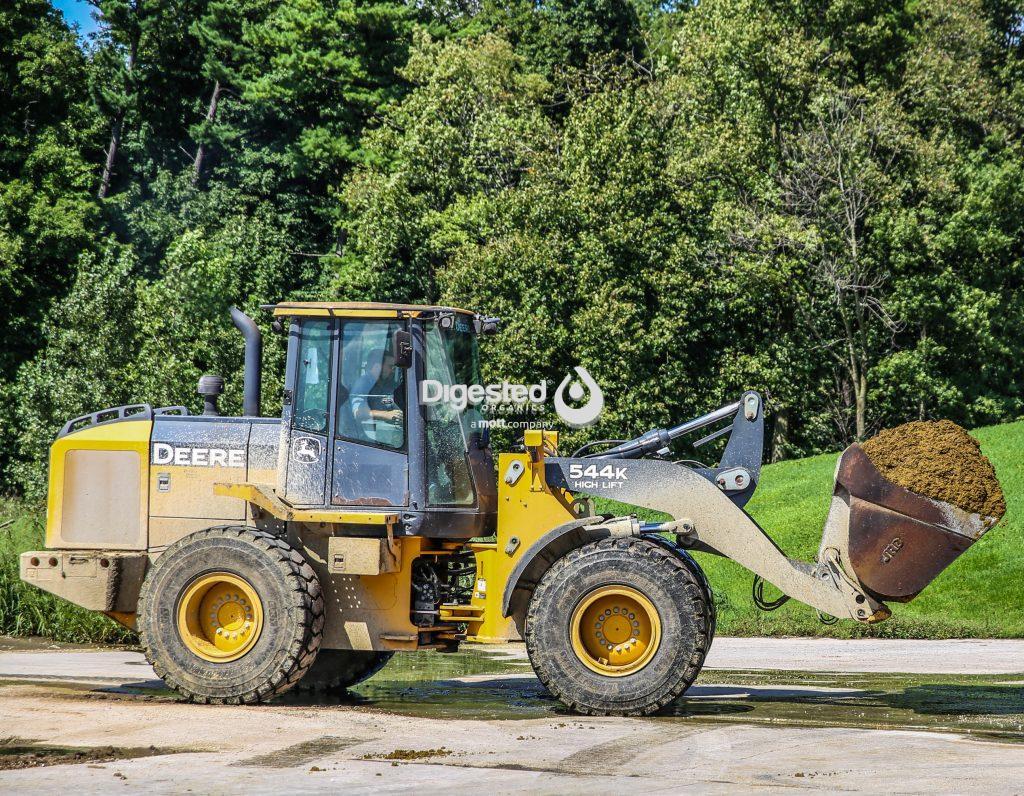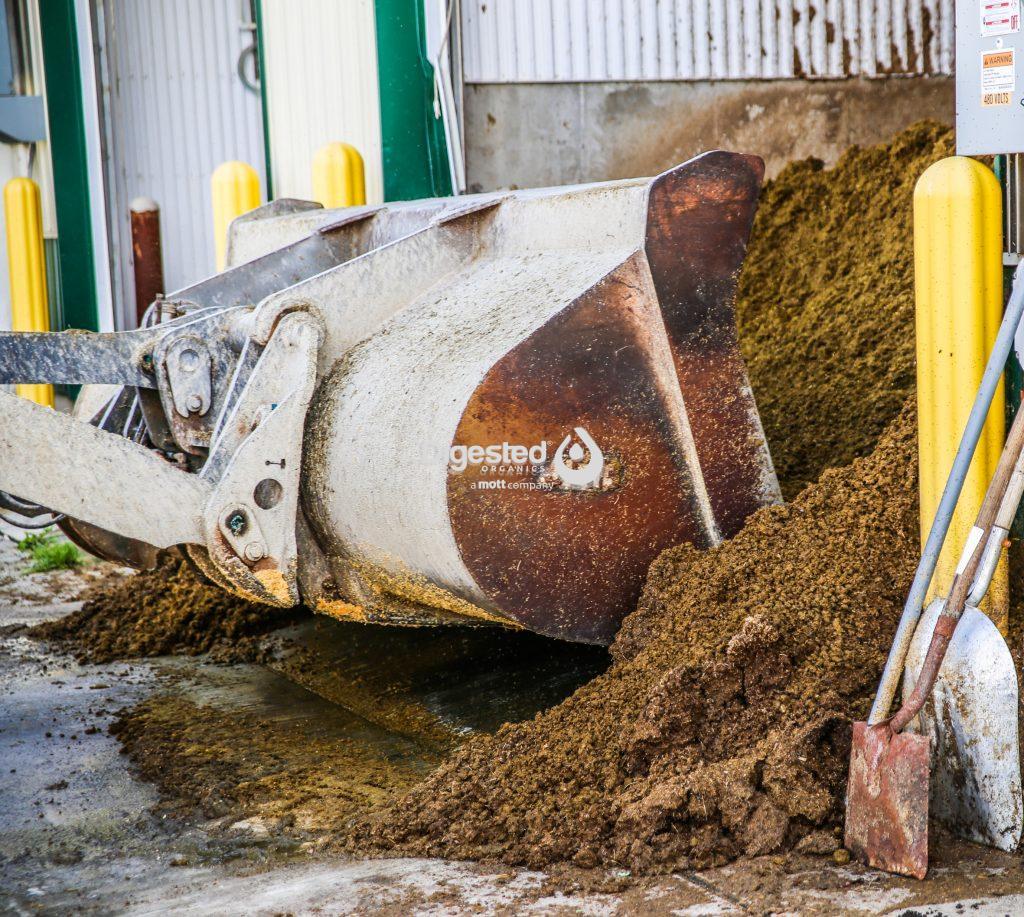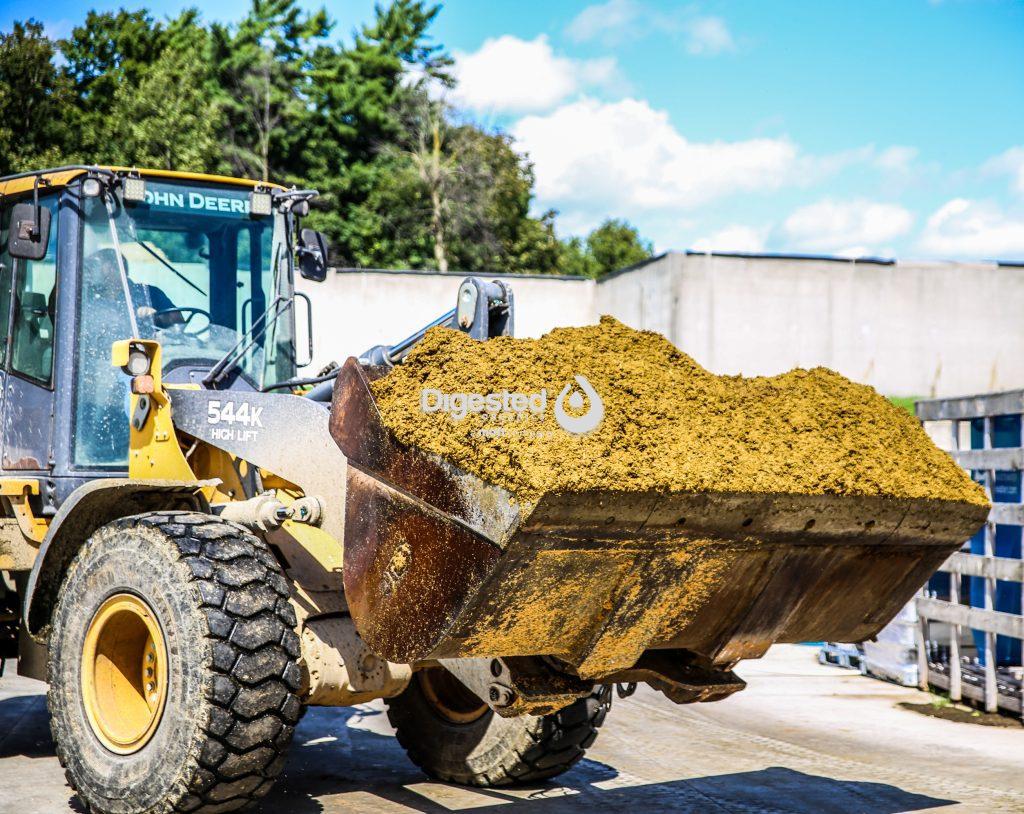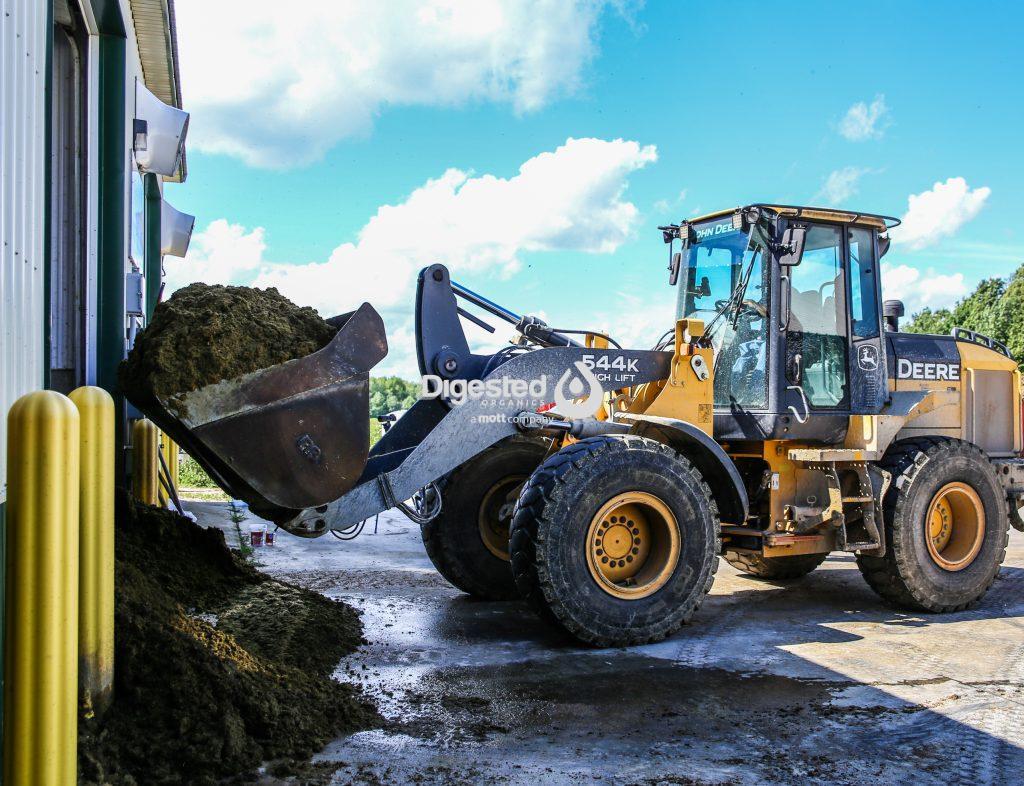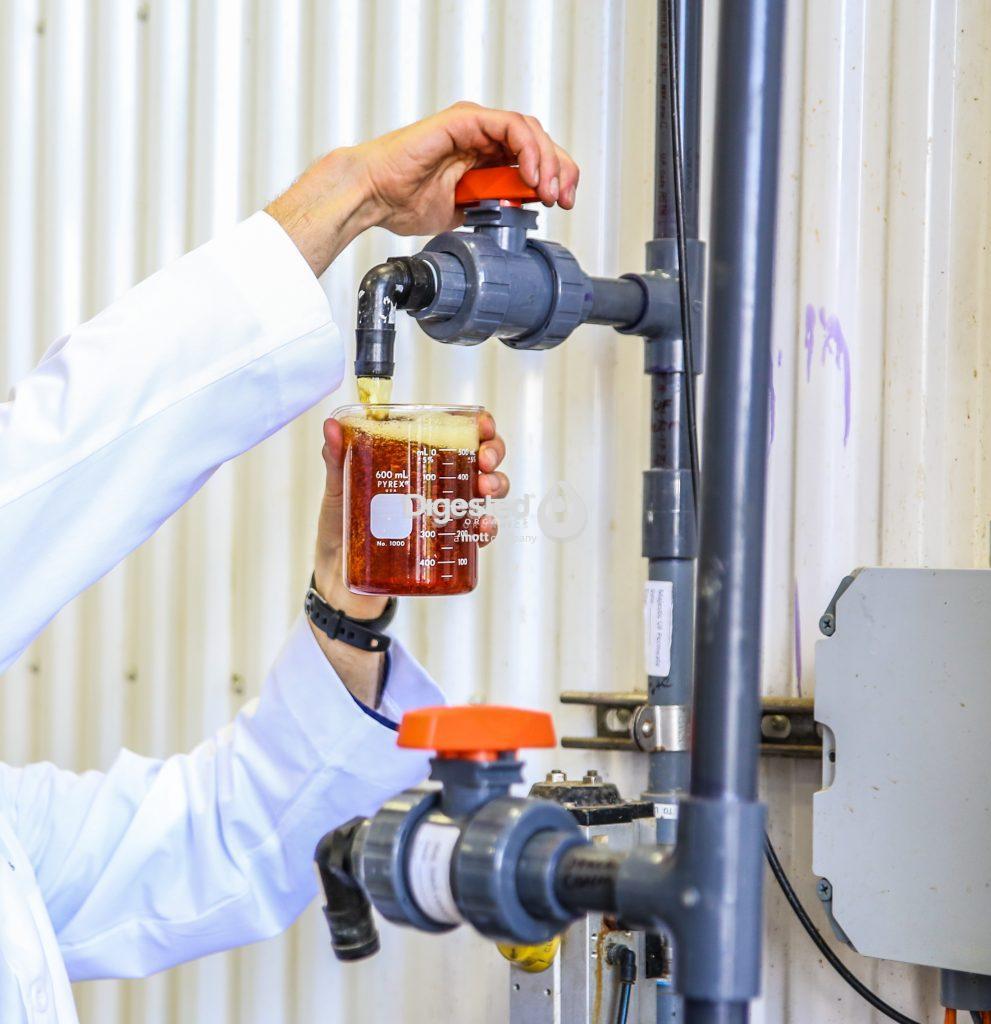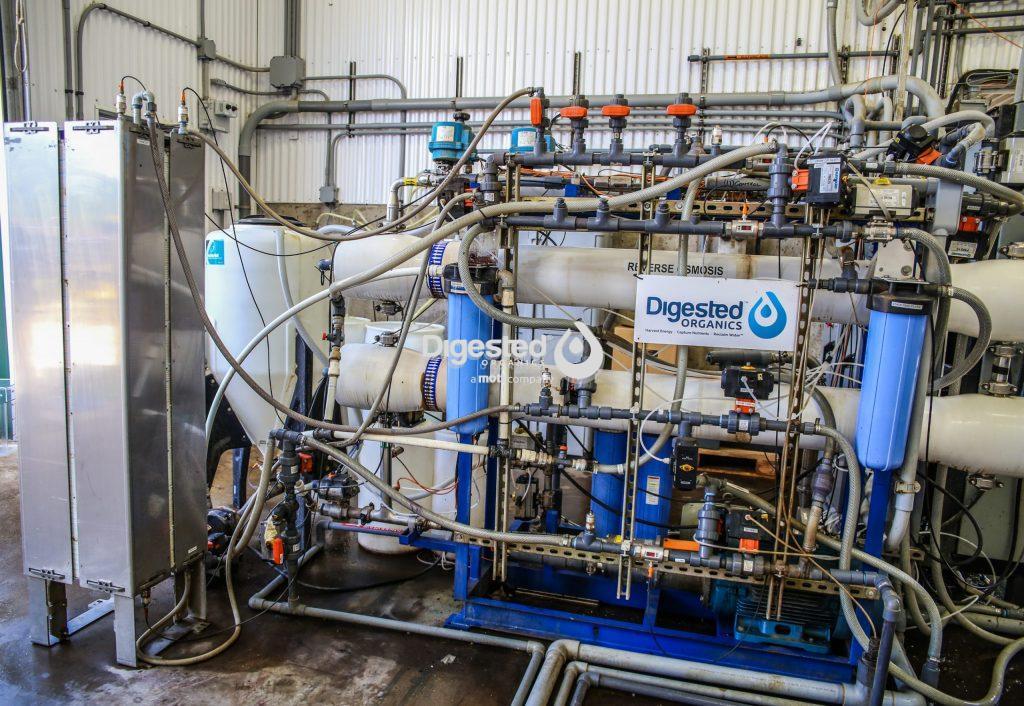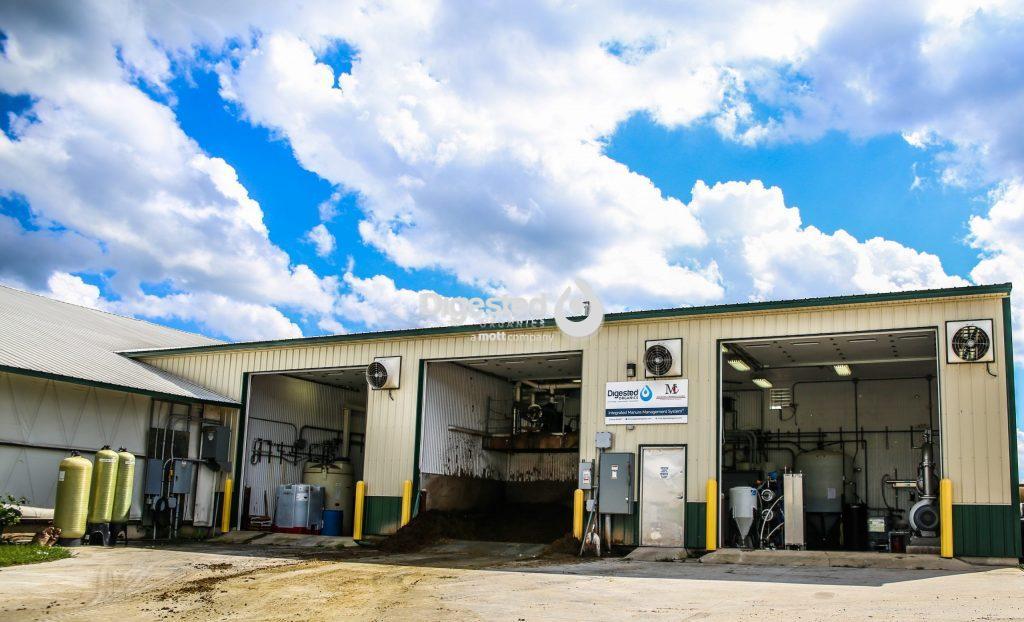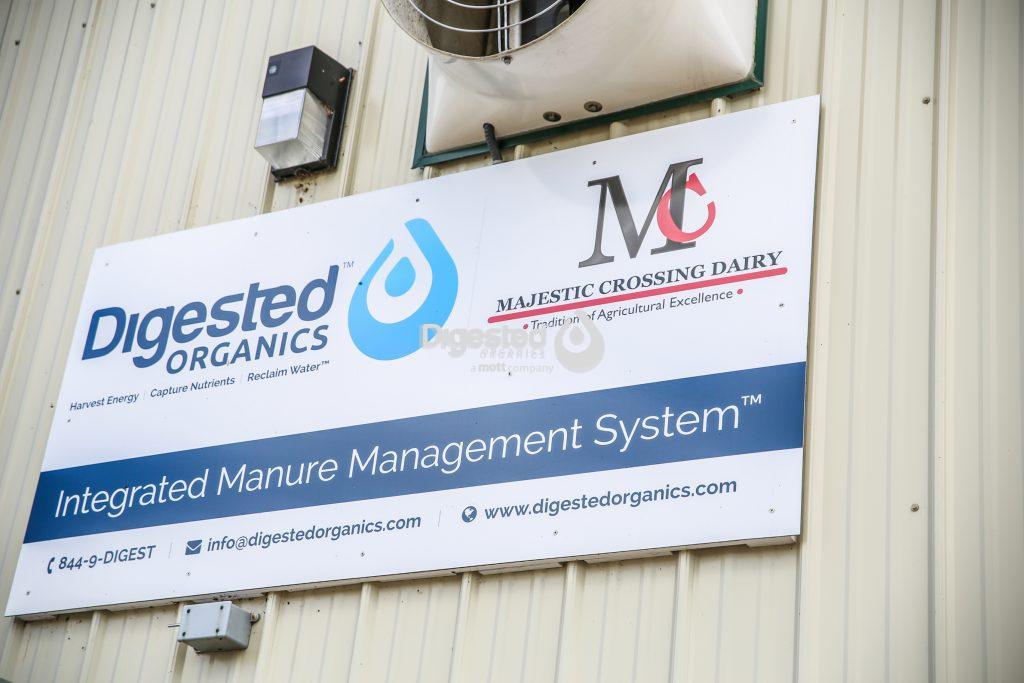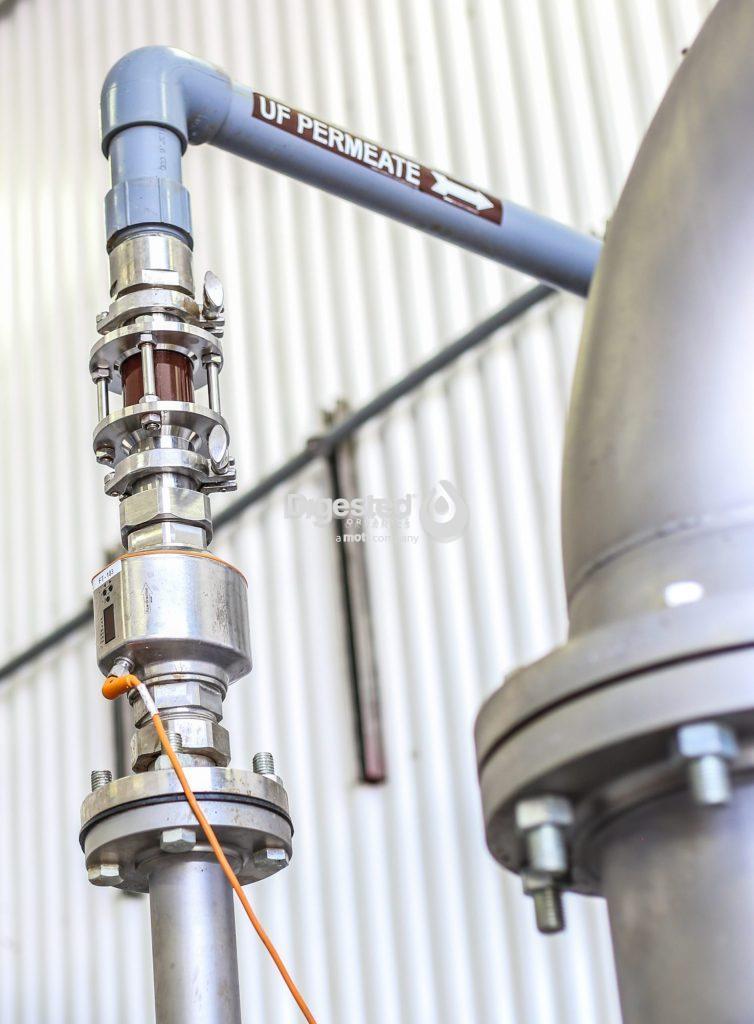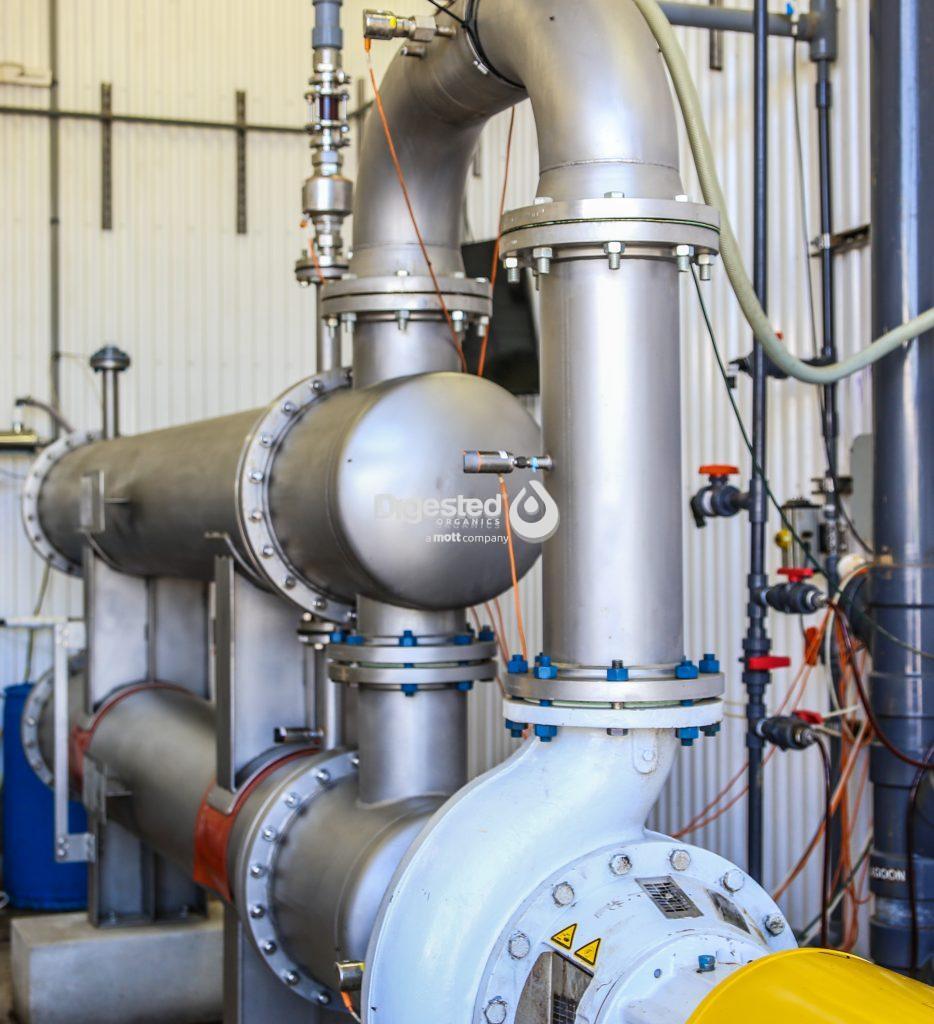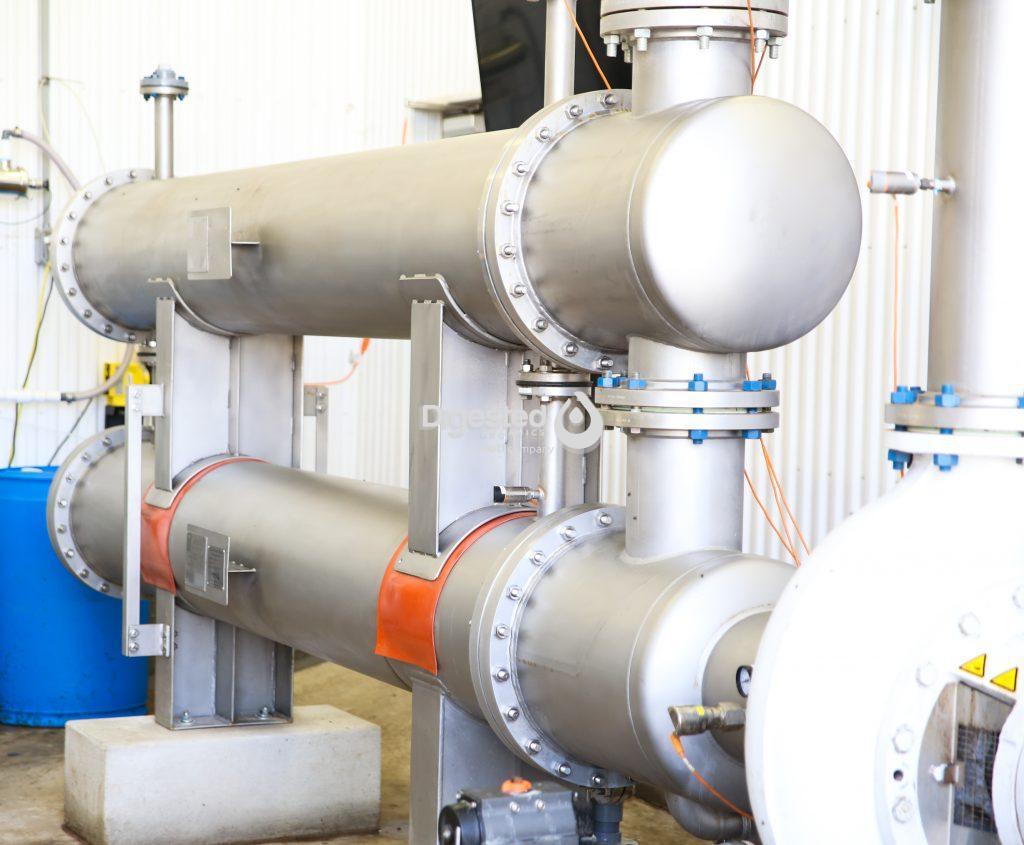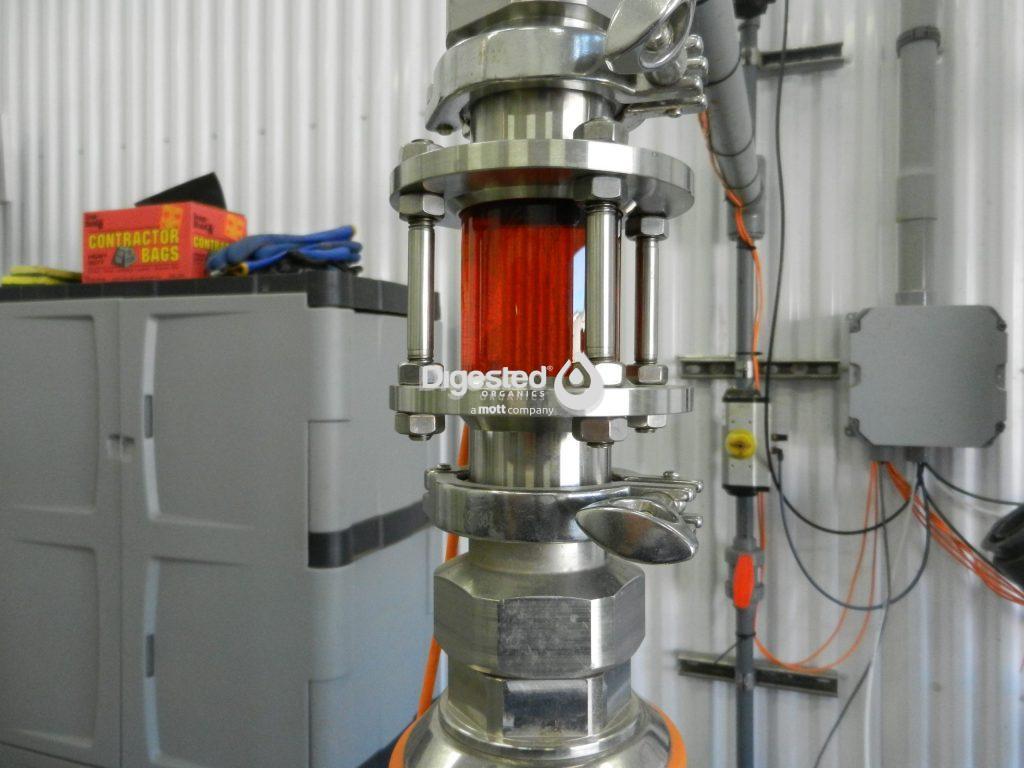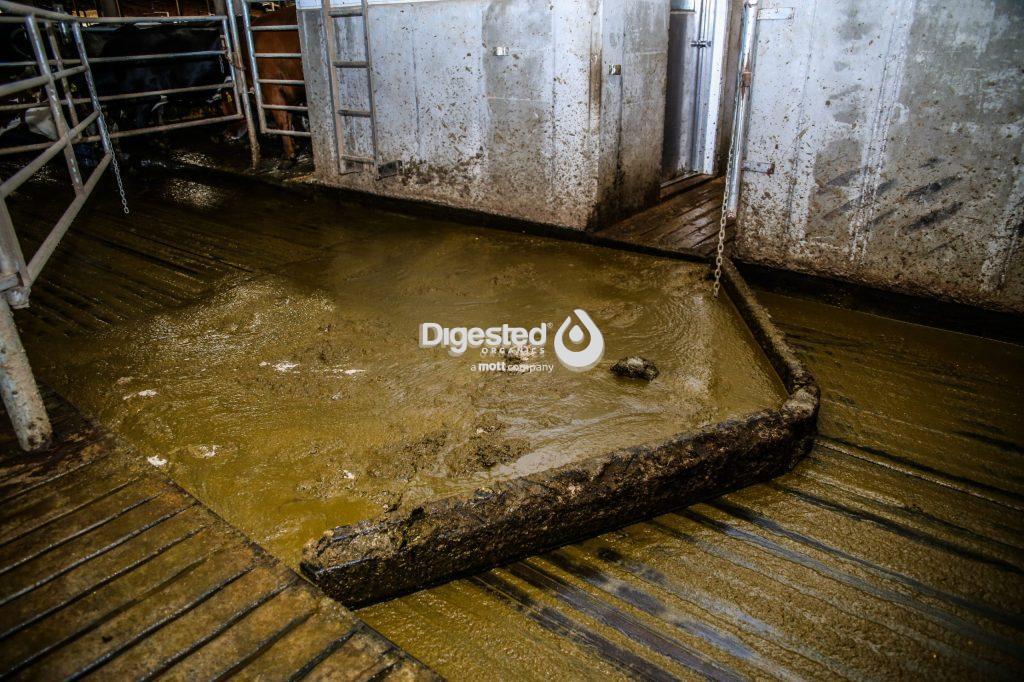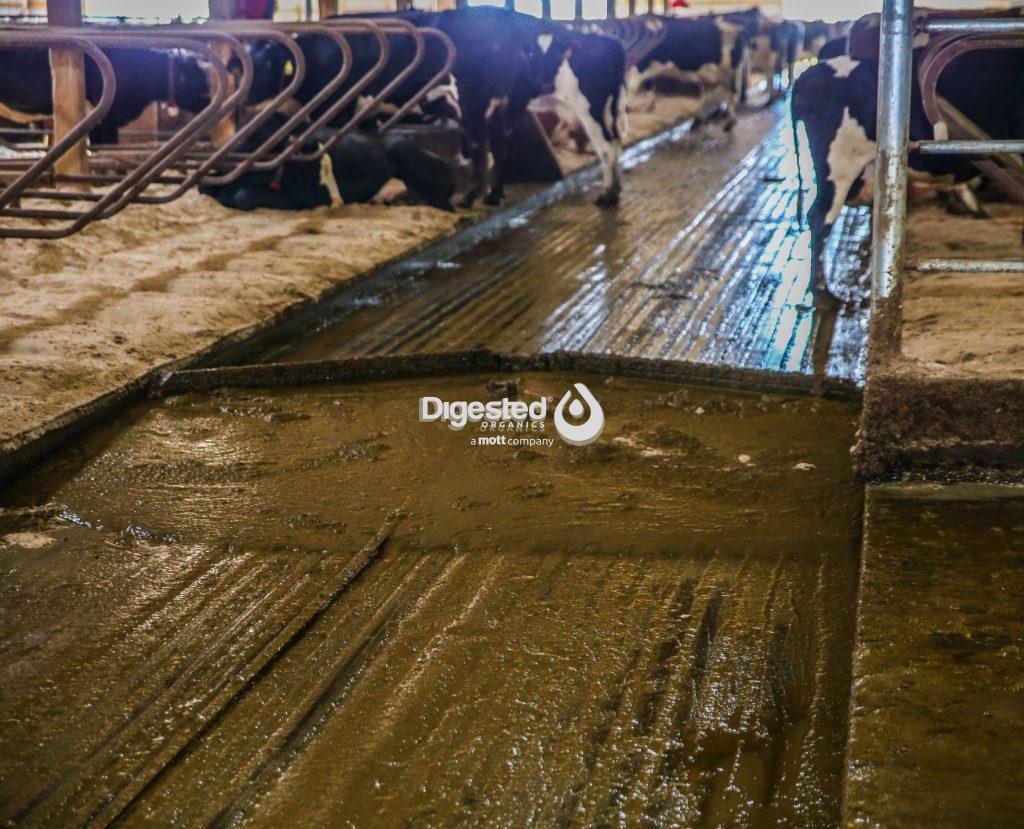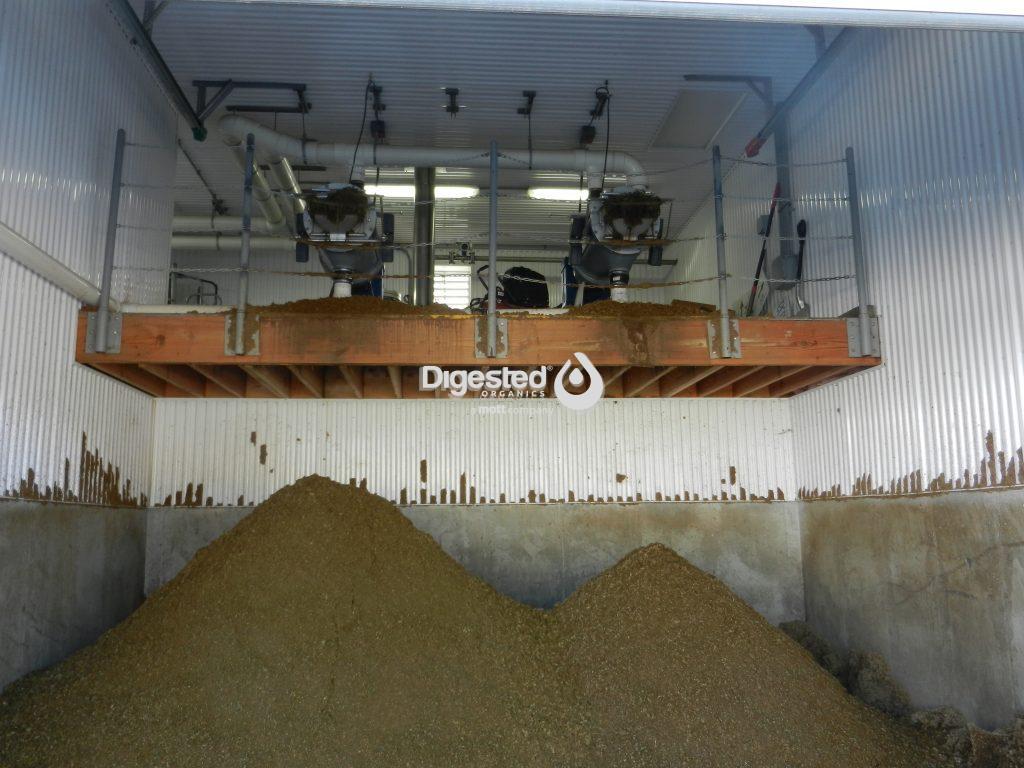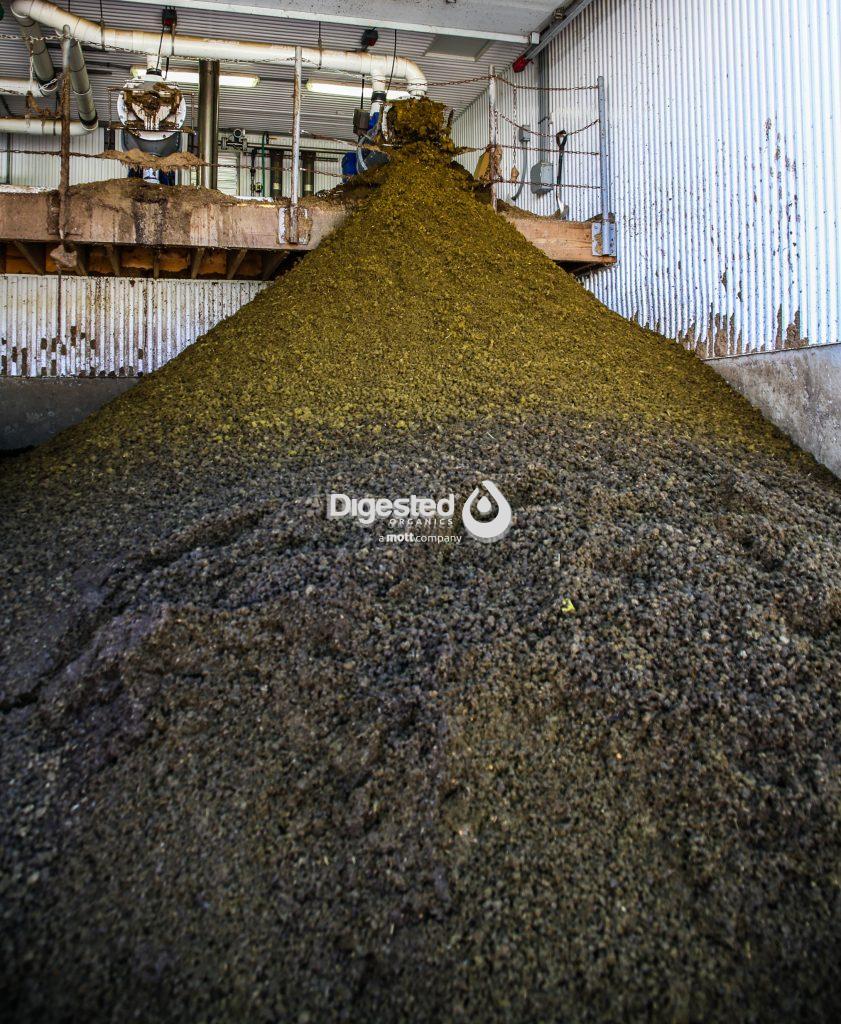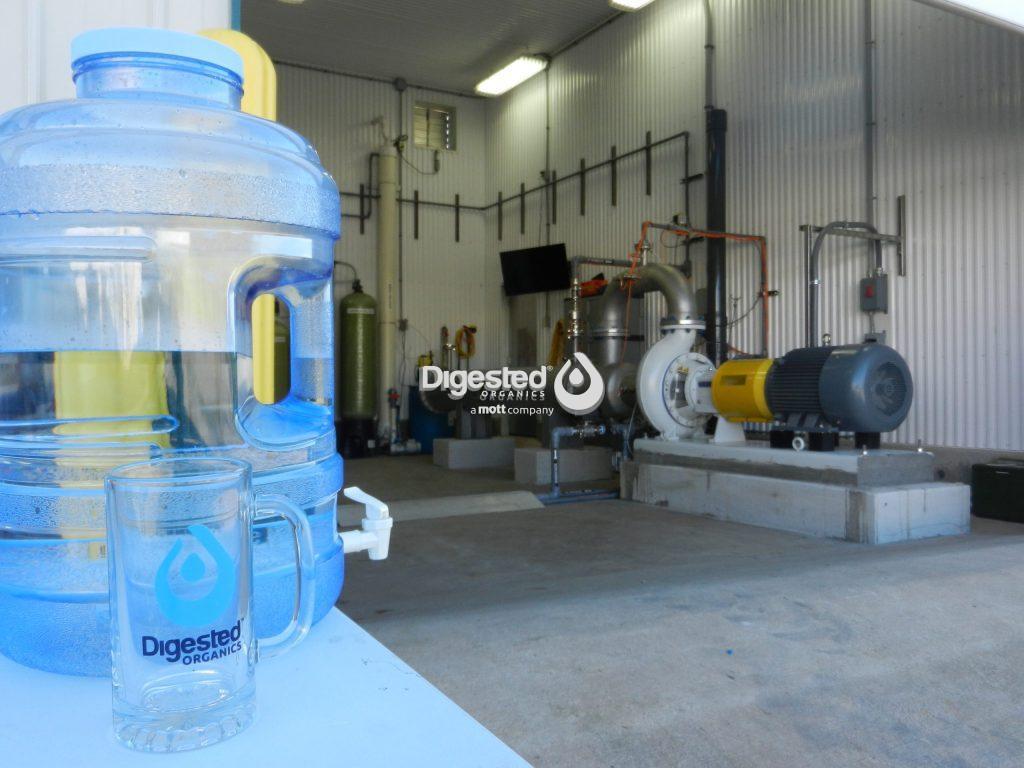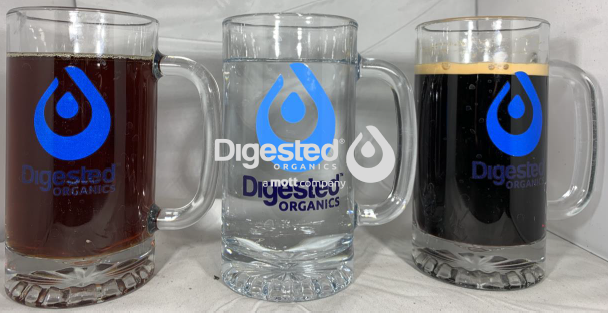
Understanding the Food Waste Problem
Food waste is a significant and growing issue in our society, contributing to a multitude of environmental, economic, and social problems. According to the U.S. Environmental Protection Agency (EPA), almost 41 million tons of food waste were generated in 2017, with only 6.3 percent diverted from landfills and incinerators for composting. This means that food waste constitutes about 22 percent of everyday discarded waste. Additionally, the U.S. Department of Agriculture (USDA) estimates that in 2010, 31 percent or 133 billion pounds of the 430 billion pounds of food produced was not available for human consumption at the retail and consumer levels. Essentially, approximately one-third of all food produced was lost or wasted.
The Impact of Food Waste
Environmental Impact
The environmental implications of food waste are profound. When food is wasted, so are the resources used to produce, process, transport, and store it. This includes water, land, energy, and labor. Additionally, food waste that ends up in landfills generates methane, a potent greenhouse gas that contributes significantly to climate change. Reducing food waste can therefore help mitigate climate change and conserve precious natural resources.
Economic Impact
Food waste also has substantial economic consequences. The financial cost of wasted food is not limited to the price of the food itself; it also includes the costs associated with production, transportation, and disposal. For businesses in the food and beverage industry, food waste translates to higher operational costs and lost revenue opportunities. Reducing food waste can therefore lead to significant cost savings and improved profitability for businesses.
Social Impact
Food waste is particularly troubling given the prevalence of food insecurity. Millions of people in the United States and around the world struggle to access enough food. Reducing food waste can help redirect surplus food to those in need, addressing hunger and improving food security within communities. By minimizing waste, we can ensure that more people have access to nutritious food.
Simple Steps to Prevent Food Waste
Plan Your Meals
One of the most effective ways to reduce food waste is to plan your meals in advance. This helps ensure that you buy only what you need, reducing the likelihood of food going to waste. Make a shopping list and stick to it, avoiding impulse purchases that may end up uneaten. Additionally, planning meals allows you to use ingredients more efficiently, reducing waste.
Store Food Properly
Proper storage can significantly extend the life of your food, preventing it from spoiling prematurely. Ensure your refrigerator is set to the correct temperature and learn how to store different types of food to keep them fresh longer. For example, keep fruits and vegetables in the crisper drawer, store meat on the lowest shelf to avoid cross-contamination, and use airtight containers for leftovers.
Use Leftovers Creatively
Instead of throwing away leftovers, find creative ways to use them in new dishes. Leftover vegetables can be added to soups, stews, or stir-fries. Stale bread can be used to make croutons, bread pudding, or even French toast. By repurposing leftovers, you can reduce waste and create delicious meals.
Compost Food Scraps
Composting is an excellent way to divert food scraps from landfills and create nutrient-rich soil for gardening. If you have space, start a compost bin at home. Many communities also offer composting services. By composting food scraps like fruit and vegetable peels, coffee grounds, and eggshells, you can reduce waste and support a healthier environment.
Donate Surplus Food
If you have excess food that is still safe to eat, consider donating it to local food banks or shelters. Many organizations accept food donations to help those in need. By donating surplus food, you can make a positive impact on your community and reduce waste.
Solutions from Digested Organics
At Digested Organics, we offer innovative solutions for food and beverage companies to manage and reduce food waste. Our advanced technologies help businesses convert food waste into valuable resources, such as renewable energy and nutrient-rich fertilizers. By partnering with us, companies can improve their sustainability practices, reduce operational costs, and contribute to a healthier planet.
Contact Digested Organics Today
Reducing food waste helps the economy, our communities, and the environment. If you are looking for effective ways to manage food waste in your business, reach out to us at Digested Organics. Our experts are here to help you find the best solutions for your specific needs. Together, we can take simple steps to prevent food waste and create a more sustainable future.




